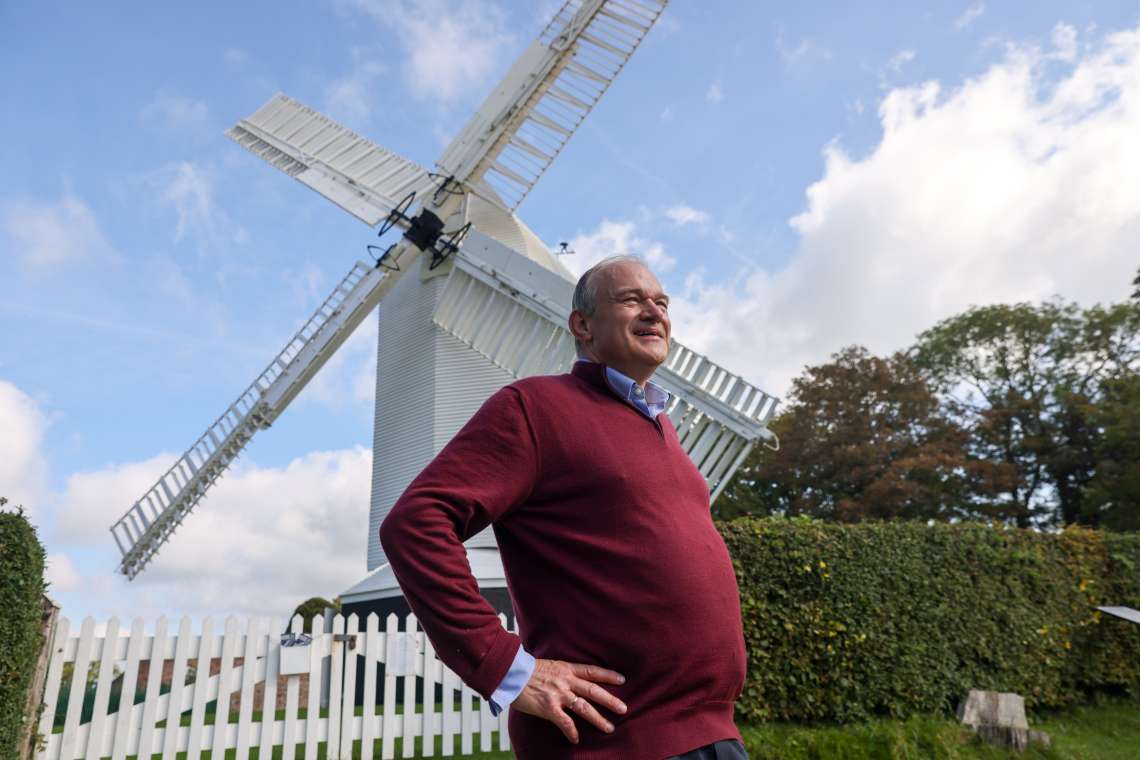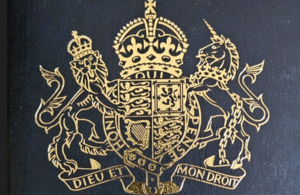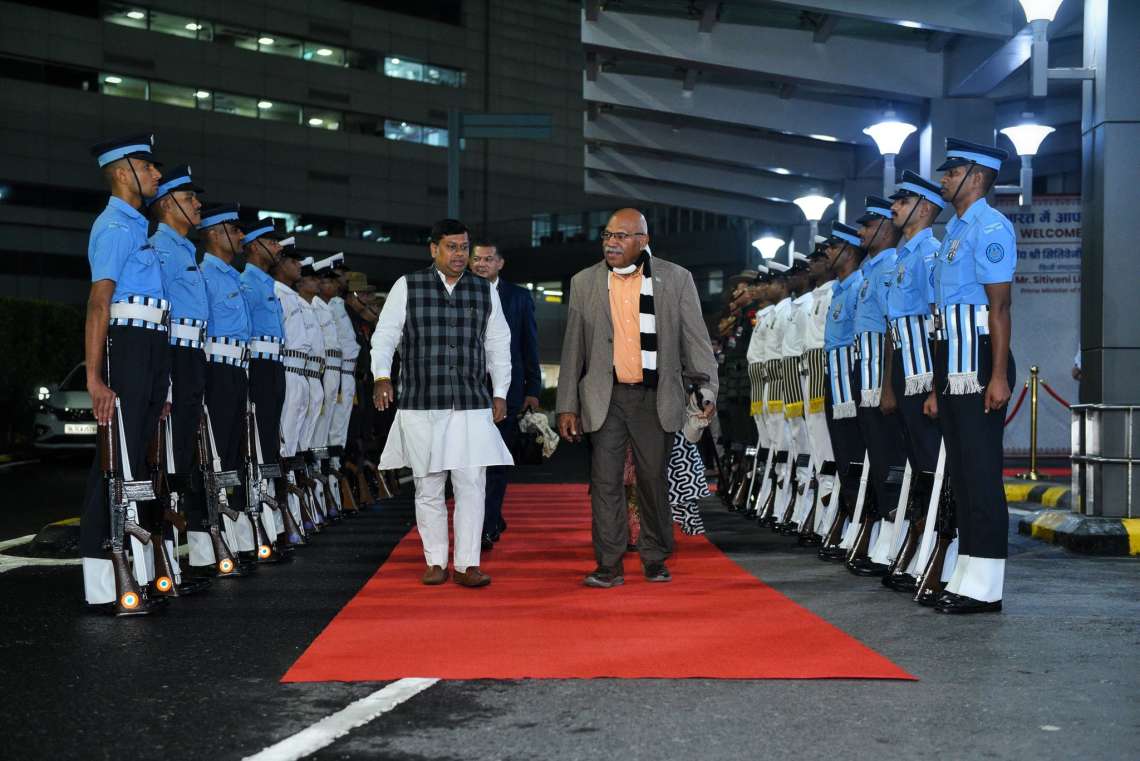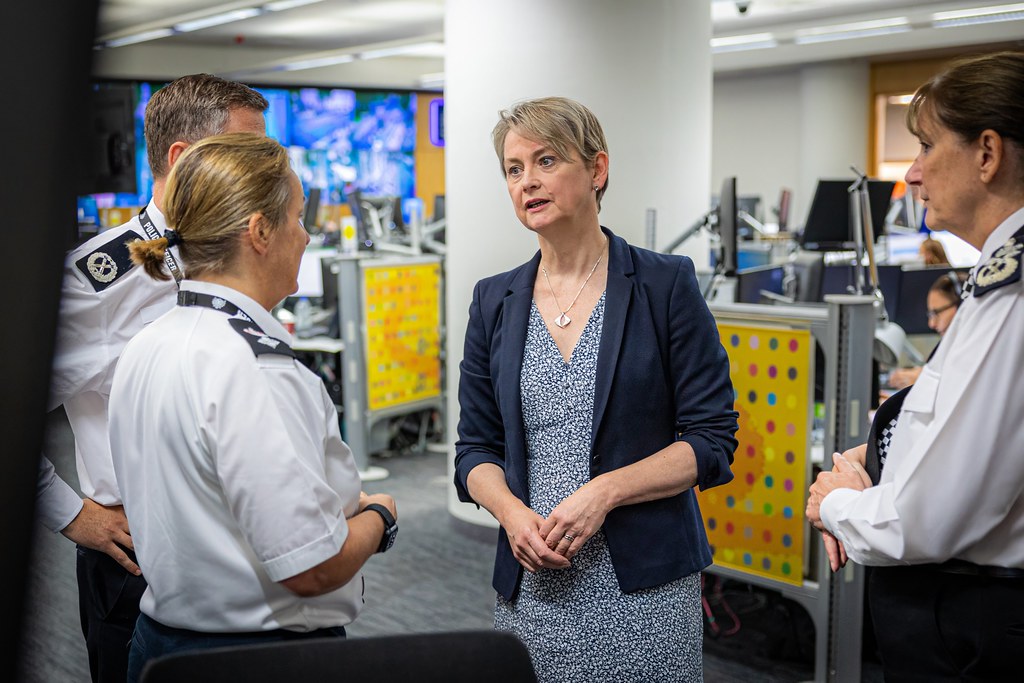Liberal Democrat leader Ed Davey has written to the Energy Secretary, Ed Miliband, urging ministers to prevent Tesla from entering the market…reports Asian Lite News
Tesla’s bid to enter the UK domestic energy market should be blocked on national security grounds, Liberal Democrat leader Ed Davey has warned, accusing Elon Musk of posing a threat to Britain’s political stability and critical infrastructure.
The electric car maker, which also operates a clean energy division, applied in July for a licence to supply electricity directly to British households. If approved by Ofgem, the energy regulator, the American company could be competing with established providers such as British Gas, Octopus and Ovo as early as next year.
But Davey has written to the Energy Secretary, Ed Miliband, urging ministers to prevent Tesla from entering the market. He cited Musk’s “reckless behaviour” and alleged record of “interference in British politics”, warning that approval would represent “a grave national security mistake”.
The intervention follows growing unease in Whitehall and across Westminster about Musk’s online activity and his influence over strategically sensitive technology. The Daily Mirror revealed in January that the Home Office’s homeland security group had been monitoring Musk’s social media posts as a potential threat to UK security.
Musk courted controversy during last summer’s riots in Britain, which followed the mass stabbing in Southport. In a series of posts on his platform X, formerly Twitter, the Tesla boss claimed that “civil war is inevitable” in the UK, denouncing Britain as a “tyrannical police state”. He also expressed support for the far-right activist Tommy Robinson, whose real name is Stephen Yaxley-Lennon.
Davey said Musk’s comments amounted to “peddling dangerous misinformation to millions of people” and accused him of amplifying extremist voices. “Elon Musk has shown time and again that he is no friend of the UK,” he said in a statement. “Whether it’s fuelling civil unrest with wild claims or undermining democracy with falsehoods, his behaviour demonstrates why he cannot be trusted with influence over our energy supply.”
The Liberal Democrat leader also raised concerns about Musk’s links to Moscow and his management of the Starlink satellite network, which has been crucial in Ukraine’s resistance to Russia’s invasion. Reuters reported earlier this summer that Musk ordered Starlink to restrict internet coverage during a Ukrainian counteroffensive in 2022, a move that reportedly hindered military operations. The Wall Street Journal subsequently reported that Musk had held regular conversations with Vladimir Putin over a two-year period.
“Through his actions with Starlink, Musk has repeatedly demonstrated his recklessness when in charge of critical infrastructure,” Davey wrote in his letter to Miliband. “Allowing Tesla into Britain’s energy market would risk both our national security and our diplomatic standing. It would be a disaster waiting to happen.”
Campaigners have already mobilised against Tesla’s application. The pro-European pressure group Best for Britain has encouraged opponents to submit objections to Ofgem. The regulator confirmed it had received more than 8,000 responses, with the consultation period due to close on Friday 22 August. A decision on the licence is expected shortly afterwards.
Although Ofgem assesses applications on the basis of technical, financial and legal criteria, ministers have powers under the National Security and Investment Act to intervene if they believe granting a licence could jeopardise national interests. Davey has urged Miliband to use those powers decisively. “The government must show it is prepared to stand up to billionaires when the safety of the British people is at stake,” he said. “Anything less would suggest ministers are more worried about upsetting Elon Musk than protecting Britain.”
Tesla declined to comment when approached. Ofgem confirmed that it had received the application but said it would not discuss the details of individual cases. The Department for Energy Security and Net Zero also refused to comment.
The row comes at a time when Tesla is facing mounting difficulties in Europe. Sales of its electric vehicles have fallen sharply amid a consumer backlash against Musk’s support for hard-right politicians and growing competition from Chinese manufacturers, notably BYD. Analysts warn that the company is under pressure to diversify into new sectors to maintain growth.
For Musk, Britain represents a potentially lucrative market for Tesla Energy. The firm already offers solar panels, battery storage systems and electric vehicle chargers, and holds supply licences in several European countries. Securing a UK licence would allow it to bundle these products with electricity tariffs, giving it a competitive edge.
However, Davey’s intervention underscores how political and security concerns are now shaping decisions in sectors once considered purely commercial. His warning echoes previous debates about Chinese investment in nuclear power stations and 5G networks, where security fears led to government intervention.
The controversy also highlights the challenge for ministers in balancing the benefits of foreign investment with the risks posed by figures who wield enormous influence beyond business. Musk, the world’s richest man, controls companies ranging from Tesla and SpaceX to the social media platform X, giving him unparalleled sway over technology, communications and public debate.
Whether the government heeds Davey’s call remains to be seen. If Ofgem grants the licence and ministers decline to intervene, Tesla could begin supplying British homes in 2026. If blocked, it would mark one of the most high-profile uses yet of national security legislation to stop a foreign company entering the UK energy market.
For now, the decision lies with Ofgem and the Energy Secretary. But the debate ignited by Davey’s warning ensures that Musk’s application will be judged not only on commercial grounds, but also on the risks of entrusting part of Britain’s energy future to one of the world’s most controversial entrepreneurs.














